Childhood bullying can leave lasting scars that can affect us well into adulthood. It’s not just about the physical or verbal abuse itself, but also the long-term impact on our self-esteem, relationships, and overall well-being. If you were bullied as a kid, you might recognize some of these traits in yourself or someone you know. Here are some of the common ways childhood bullying can manifest in adulthood. Acknowledging these patterns is the first step towards healing and growth.
1. Trusting people feels scary.

Being bullied can shatter a child’s trust in the world around them, Psychology Today notes. They might feel like they can’t rely on anyone for protection or support. As adults, this can manifest as a deep-seated distrust of most people. They might struggle to form close relationships, be overly suspicious of people’s motives, or have difficulty letting their guard down. It’s like they’re always expecting the other shoe to drop, waiting for the next betrayal or rejection. This lack of trust can make it difficult to build healthy and fulfilling relationships.
2. They struggle with low self-esteem and self-worth.
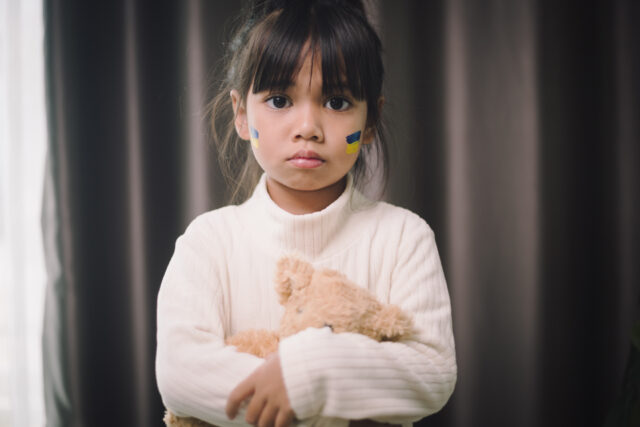
Bullying can chip away at a child’s self-esteem, making them feel worthless, inadequate, or unlovable. These feelings can linger into adulthood, leading to a negative self-image and a lack of confidence. They might constantly compare themselves to everyone around them, feel like they’re not good enough, or struggle with imposter syndrome. This low self-esteem can affect their career, relationships, and overall happiness. It’s important to remember that your worth is not defined by the opinions of bullies, and that you deserve love, respect, and happiness.
3. They are overly sensitive to criticism or rejection.
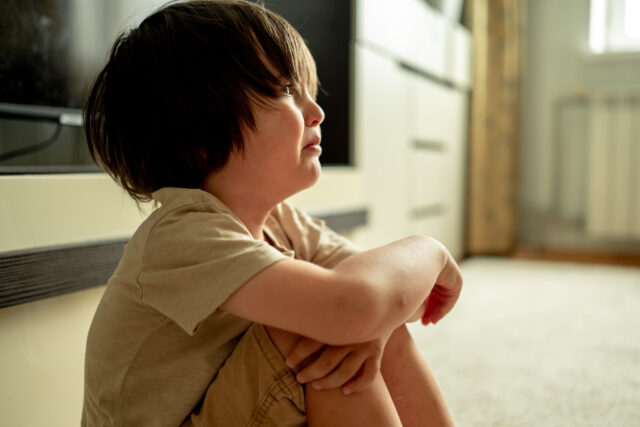
Being bullied can make you hypersensitive to even the slightest criticism or rejection. Even a small comment or a minor setback can feel like a major blow. This sensitivity can lead to anxiety, depression, and a fear of failure. It’s like they’re constantly bracing themselves for the next attack, always on guard for any sign of disapproval. This can make it difficult to take risks, pursue their goals, or even enjoy their accomplishments.
4. They may experience anxiety or depression.
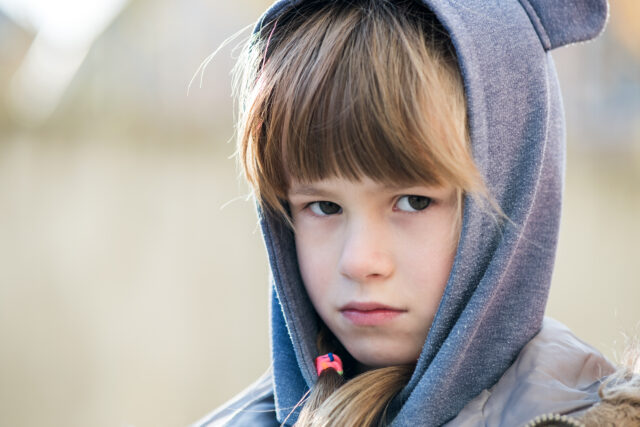
Bullying is a traumatic experience that can have long-lasting effects on mental health. Many adults who were bullied as children struggle with anxiety or depression. They might experience flashbacks, nightmares, or panic attacks. They might also have difficulty concentrating, sleeping, or enjoying activities they once loved. It’s important to seek professional help if you’re experiencing any of these symptoms. Therapy can provide a safe space to process your trauma and develop coping mechanisms.
5. They might isolate themselves from people.

Bullying can make them feel isolated and alone. As a child, they might have been ostracized by their peers, making it difficult to make friends or feel like they belong. As an adult, they might continue to struggle with social anxiety and have difficulty forming close relationships. They might feel like they don’t fit in or that people won’t understand them. If you’re going through this, it’s important to remember that you’re not alone and that there are people who care about you and want to support you.
6. They might have difficulty asserting themselves.
 Source: Unsplash
Source: Unsplash Bullying can teach a child that that their voice doesn’t matter. They may have been silenced, ignored, or ridiculed for speaking up. As an adult, they might struggle to assert themselves and stand up for their own needs and beliefs. It’s possible that they’re afraid of conflict, have difficulty saying no, or allow people to take advantage of them. Learning to assert themselves is a crucial step towards healing and empowerment.
7. They might have trouble trusting their own judgment.
 Source: Unsplash
Source: Unsplash Being bullied can make a child doubt their own perceptions and beliefs. If they were constantly told you were wrong, stupid, or worthless, it’s only natural that they’ll start to internalize those messages and believe them to be true. This can lead to a lack of confidence in their own judgment and decision-making abilities. It’s important to remember that they’re capable and intelligent, and that their opinions and ideas have value.
8. They might engage in self-destructive behaviours.
 Source: Unsplash
Source: Unsplash Some adults who were bullied as children turn to self-destructive behaviours as a way to cope with their pain. This might include substance abuse, eating disorders, self-harm, or risky encounters. This is often a way to numb the pain or to feel in control of something when everything else feels out of control. It’s important to get professional help if you find yourself doing things that are dangerous to yourself or other people. There are healthier ways to cope with your pain and trauma.
9. They have difficulty forming and maintaining healthy relationships.
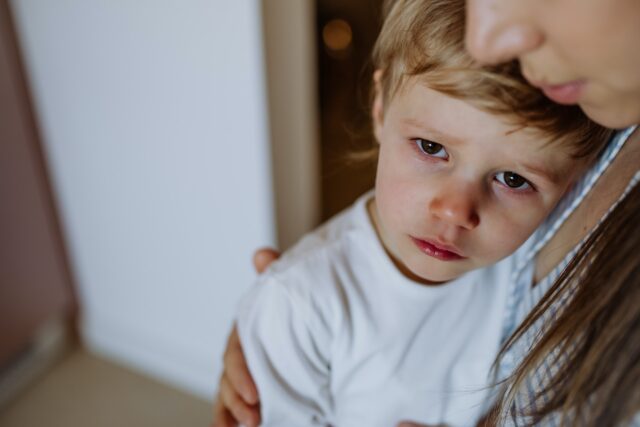 Source: Unsplash
Source: Unsplash The scars of bullying can run deep, affecting how someone interacts with people in their adult life. They might struggle to form close bonds, fearing vulnerability and the potential for further hurt. It’s also possible that they’ll have trust issues or struggle with setting healthy boundaries. This can lead to a pattern of unstable or unsatisfying relationships, as they either become overly dependent or overly distant. Learning to trust and connect with people can be a long and challenging process for those who have been bullied, but it’s a crucial step towards healing and happiness.
10. They tend to be people pleasers.

To avoid conflict or rejection, those who were bullied might develop a tendency to please everyone else at the expense of their own needs and desires. They might say “yes” when they really mean “no,” or go out of their way to accommodate people, even if it means sacrificing their own happiness. This people-pleasing behaviour can be a way of seeking validation and acceptance, but it can also lead to resentment and burnout. Learning to prioritize their own needs and set healthy boundaries is crucial for their well-being.
11. They may struggle with perfectionism.

Bullying can create a deep-seated fear of failure and a need to prove oneself. This can manifest as perfectionism, where the person sets impossibly high standards for themselves and strives for flawlessness in everything they do. This relentless pursuit of perfection can be exhausting and can lead to anxiety, depression, and even burnout. It’s important to remember that it’s okay to make mistakes and that perfection is an unattainable goal. Learning to embrace imperfection and celebrate their achievements, no matter how small, is crucial for their happiness.
12. They may experience social anxiety.

The trauma of bullying can create social anxiety, making it difficult to interact with people in social settings. They might feel self-conscious, fear judgment, or worry about saying or doing the wrong thing. This can lead to avoidance of social situations, isolation, and loneliness. Learning to manage social anxiety through therapy or support groups can help them to rebuild their confidence and engage in social interactions without fear.
13. They may have difficulty regulating their emotions.
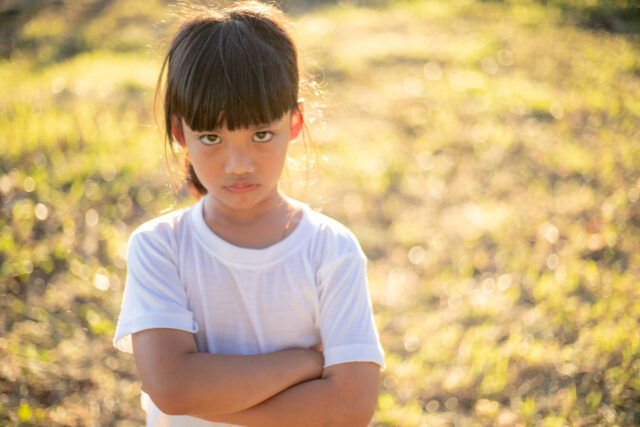
Bullying can disrupt the development of healthy emotional regulation skills. This can lead to difficulty managing anger, sadness, or fear. They might have explosive outbursts, withdraw emotionally, or become self-destructive. Learning to identify and express their emotions in a healthy way is crucial for their well-being. Therapy or mindfulness practices can help them to develop emotional regulation skills and cope with challenging emotions in a constructive way.
14. They may struggle with self-doubt.

Bullying can instil a deep sense of self-doubt. They might question their abilities, their worth, and their place in the world. This self-doubt can hold them back from pursuing their goals, taking risks, or believing in themselves. Building self-confidence and learning to trust their own judgment is a crucial part of healing from the trauma of bullying.
15. They may be drawn to unhealthy relationships.
 Source: Unsplash
Source: Unsplash The patterns of abuse and control that were established during childhood bullying can sometimes be replicated in adult relationships. They might find themselves drawn to partners who are critical, manipulative, or abusive, as these dynamics feel familiar and comfortable. It’s important to recognize these patterns and to seek healthy, supportive relationships based on mutual respect and trust.




